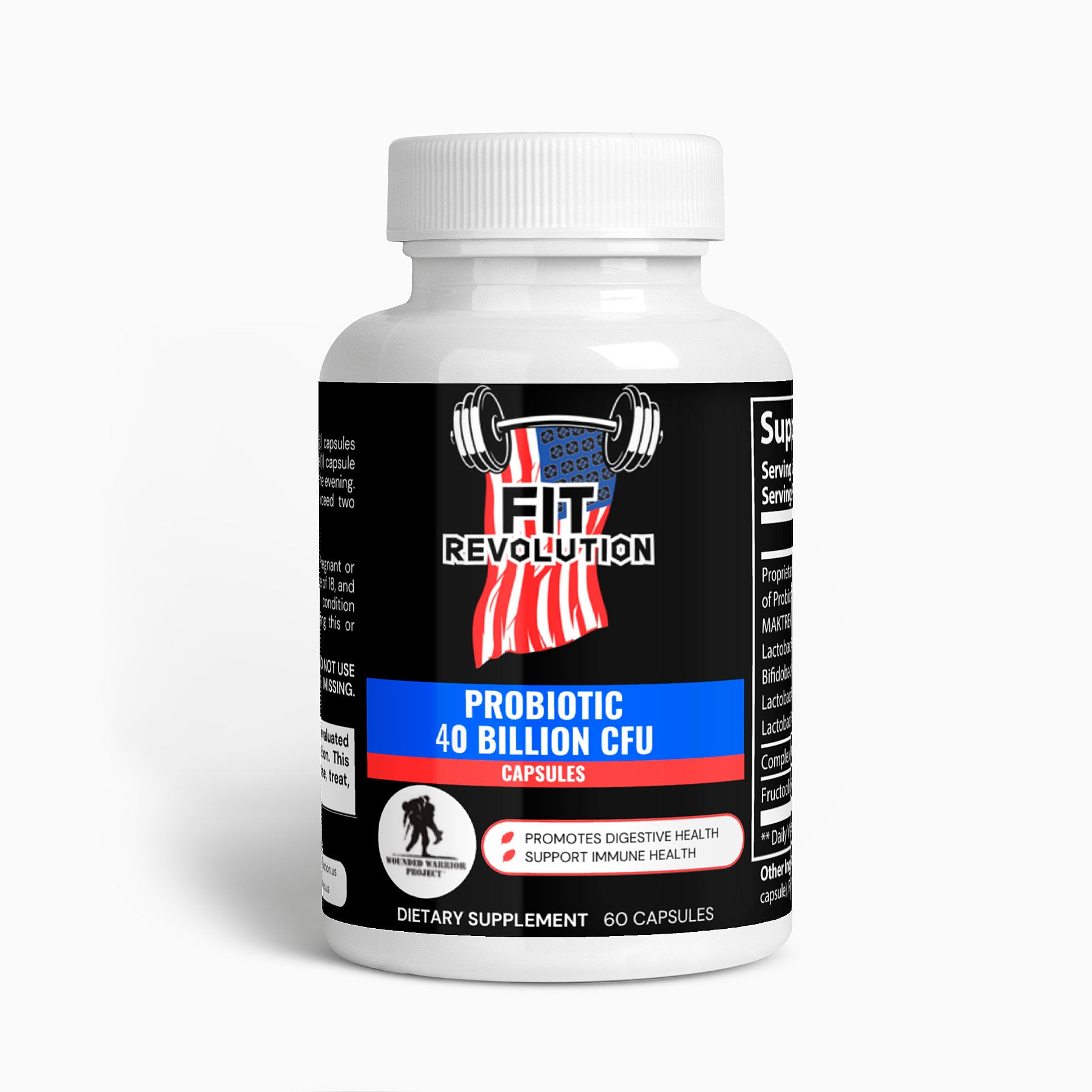
Glutamine: Why This Amino Acid is Vital for Human Health?

Glutamine is a vital amino acid naturally produced by the body and found in many protein-rich foods. It plays a crucial role in supporting immune function, digestive health, and muscle recovery. Furthermore, while the body makes enough glutamine, certain conditions like injury, illness, or intense physical stress can increase demand for this amino acid.
What is Glutamine?
Glutamine is the most abundant free amino acid in the human body and is classified as a conditionally essential amino acid. It indicates that under normal conditions, the body can produce enough of it to meet physiological needs. However, during periods of stress such as injury, illness, surgery, or intense physical exertion, the body may not be able to produce enough glutamine. Thus, in such cases, external sources become very important.
Biochemically, glutamine is composed of carbon, hydrogen, nitrogen, and oxygen. Its standout feature is its nitrogen content, making it a primary nitrogen transporter between tissues. Such nitrogen plays a key role in cellular repair, tissue growth, and the synthesis of other vital compounds, including nucleotides and amino sugar. Therefore, without enough glutamine, these biological processes slow down or become impaired.
Natural Production and Dietary Sources
Glutamine is classified as a non-essential amino acid under normal conditions because the human body is capable of synthesizing it. It is mainly produced in the muscles, which contain more than 60% of the body’s glutamine stores.
Moreover, although glutamine is found in many protein-containing foods, it is not always listed on standard nutrition labels. The dietary sources are:
1. Animal-Based Sources
-
Chicken and Beef: Among the richest sources, ideal for supporting muscle repair and glutamine replenishment.
-
Eggs: It is a high-quality protein source that provides a moderate amount of glutamine.
-
Fish: Fishes like salmon and tuna offer both glutamine and omega-3 fatty acids, which work synergistically for recovery.
-
Dairy Products: Milk, yogurt, and cheese are not only calcium-rich but also good sources of glutamine.
2. Plant-Based Sources
-
Legumes: Legumes like lentils, chickpeas, and black beans are rich in plant protein and fiber, with a solid amount of glutamine.
-
Tofu and Tempeh: Soy-based products are excellent plant alternatives that are high in glutamine.
-
Cabbage: Cabbage is one of the top vegetable sources of glutamine, often used in gut-healing protocols.
-
Whole Grain: Whole grains like oats and quinoa contain modest levels of glutamine that contribute to the overall intake.
Role of Glutamine in Immune System
As an amino acid, glutamine is not just a building block for proteins but also a vital nutrient that fuels immune cells. It enables them to perform optimally. The roles of glutamine are:
-
Fueling Immune Cells: The immune system consists of various cells that rely on glutamine as a primary energy source. These cells include lymphocytes (T cells and B cells), which are key to adaptive immunity, and macrophages are involved in both innate immunity and tissue repair. Glutamine provides energy to such cells. It is to enhance the ability to replicate and function effectively, especially when the body is under stress.
-
Supporting Antibody Production: Lymphocytes like B cells produce antibodies. The process of antibody production requires substantial energy, and glutamine is used in this process. By supplying energy and substrates for these cells, glutamine helps the immune system respond to pathogens, reducing the duration and severity of infections.
-
Enhancing Gut-Associated Immunity: A significant portion of the immune system is found in the gut, where about 70% of immune cells reside. Intestinal epithelial cells require glutamine to maintain the integrity of the intestinal lining. Therefore, it acts as a physical barrier against harmful microorganisms.
When Does the Body Need Extra Glutamine?
The body’s natural production of glutamine is typically sufficient under normal circumstances. However, during stress or illness, the body’s demand for glutamine increases. The situations where extra glutamine is needed are:
-
Critical Illness and Infection: During critical illness like sepsis or pneumonia, the immune system is under stress. Thus, the system requires higher glutamine levels to fuel immune cells like macrophages and lymphocytes, which are essential for fighting off infections.
-
Cancer Treatment: Cancer patients undergoing chemotherapy or radiation often experience glutamine depletion. Supplementing glutamine helps reduce the risk of infections and supports recovery by maintaining intestinal health and immune function.
-
Fasting or Malnutrition: In times of nutrient deficiency, fasting, or malnutrition, the body depletes glutamine stores to fuel energy-intensive processes like immune response and muscle maintenance. Therefore, supplements support recovery and prevent muscle breakdown.
Risks and Side Effects
Although glutamine comes with several health benefits, it has few side effects if not used in the right way. Here are some key concerns:
-
Digestive Discomfort: Some people may experience bloating, gas, or stomach cramps, particularly with high doses or when taken on an empty stomach.
-
Kidney and Liver Stress: Individuals with impaired kidney or liver function should avoid high-dose glutamine. This is because it affects ammonia processing and nitrogen balance.
-
Electrolyte Imbalance: Prolonged use of glutamine affects acid-base balance, leading to a mild shift in blood pH. It happens especially when glutamine supplements are used in very high doses.
Final Thoughts
Glutamine plays an important role in immune defense, gut integrity, and muscle recovery during illness or injury. While the body produces it, supplements are needed in certain conditions. For balanced health, pairing glutamine with an adult multivitamin supplement may offer broader nutritional support.








